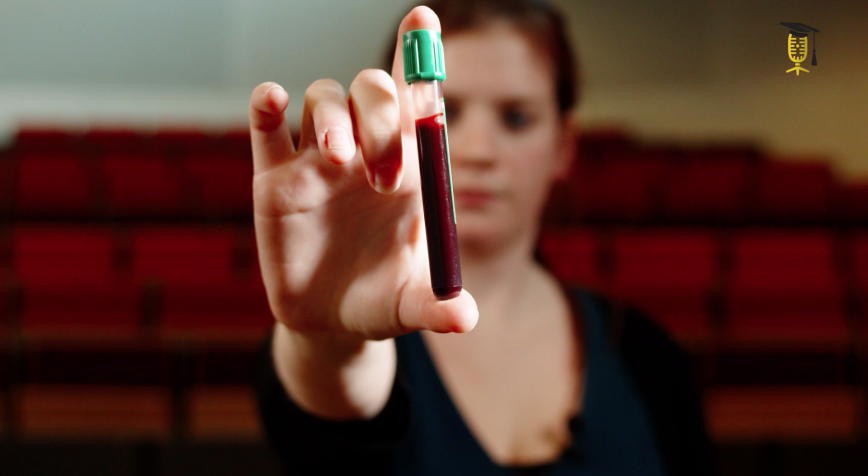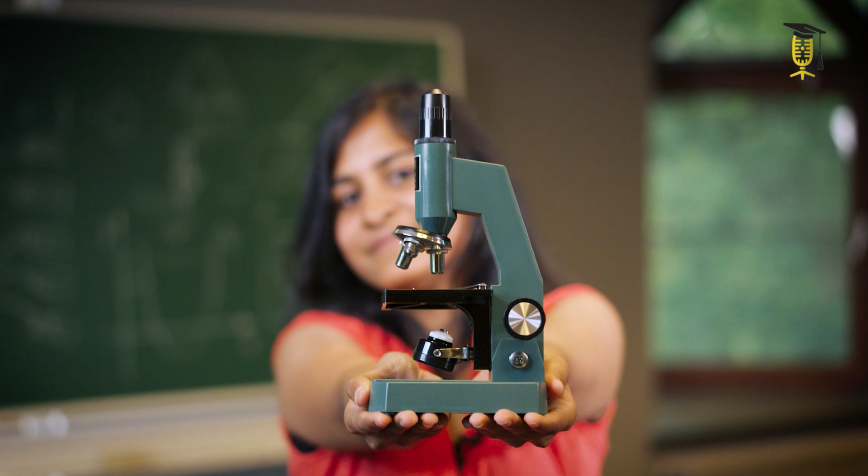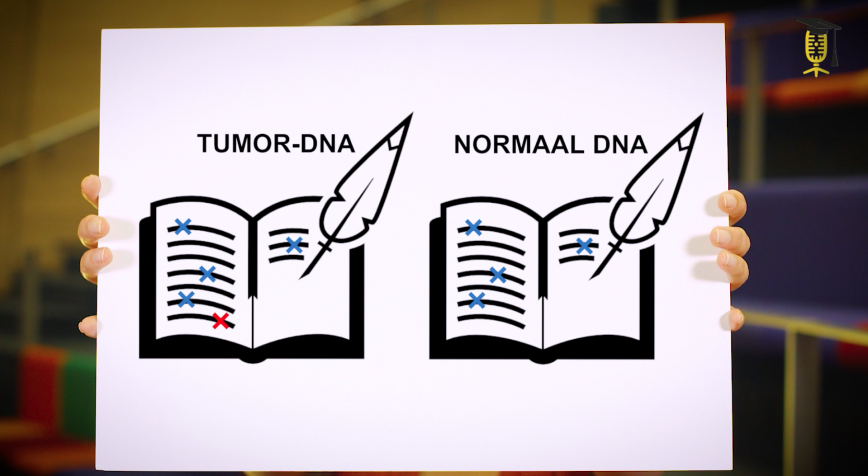
UHasselt
How lung cancer leaves useful traces in the blood
Every year about 8,000 people in Belgium develop lung cancer. These people may get the same diagnosis, but their bodies react differently. Elien Derveaux (Universiteit Hasselt) examines whether, on the basis of these differences, we can predict which treatment is most suitable for the patient.



